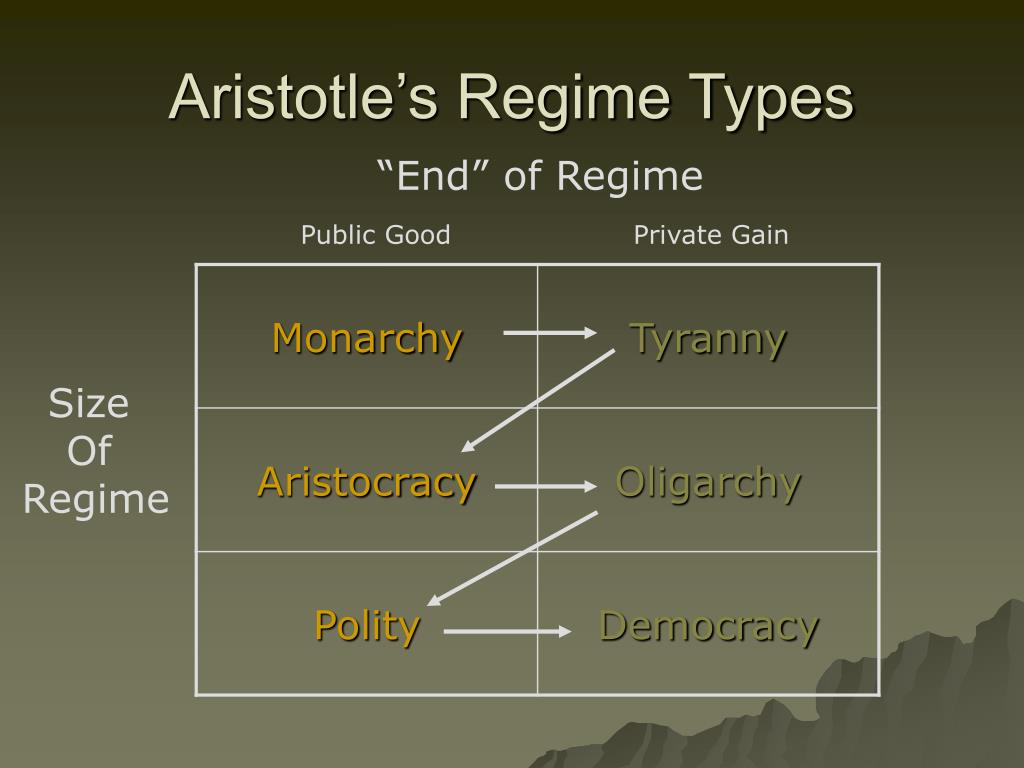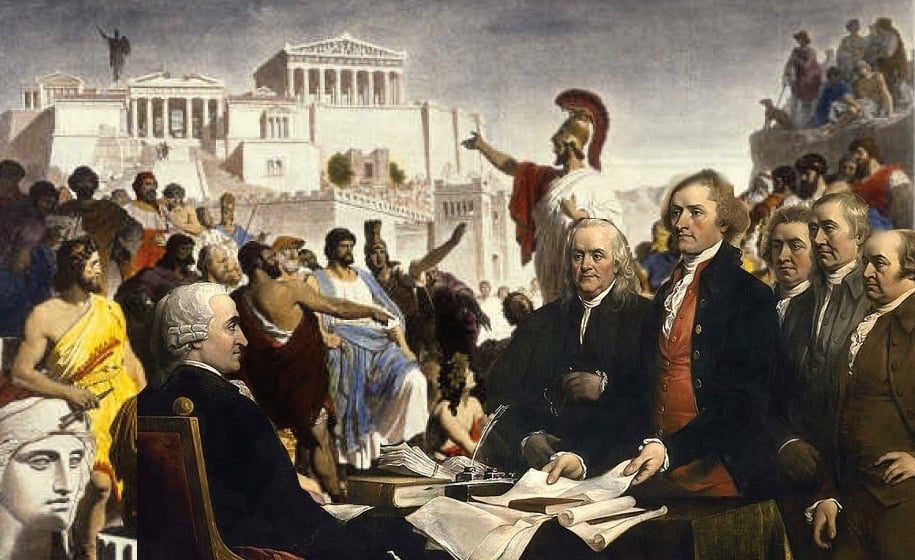The foundation of contemporary political philosophy is classical political theory, which has its roots in ancient cultures and has withstood centuries of scholarly study. This article dives into the ageless classics of moral and political theory as well as the tenets of classical political thought.
The Basics of Traditional Political Theory
The ancient Greeks and Romans, who established the foundation for Western political philosophy, are the source of classical political theory. While Roman philosophers like Cicero stressed the value of civic responsibility and the rule of law, ancient Greek philosophers like Plato and Aristotle considered issues of justice, governance, and the ideal state.

The Political Theory of Plato
One of the greatest thinkers in history, Plato, developed his political theory in writings such as “The Republic.” In this foundational work, Plato advocates for a hierarchical social structure based on meritocracy and the pursuit of knowledge. He creates an ideal society led by philosopher-kings.
The Political Theory of Aristotle
Plato’s pupil Aristotle presented a pragmatist perspective on politics in his books “Politics” and “Nicomachean Ethics.” He studied several types of government and emphasized the significance of the polis (city-state) as the cornerstone of human happiness. He argued for a well-balanced constitution that protects the interests of all citizens.
Classics in Political and Moral Philosophy
Apart from the writings of Plato and Aristotle, a number of other timeless works of political and moral philosophy have profoundly influenced Western philosophy. Thomas Hobbes’ “Leviathan” gives forth a theory of the social contract and the sovereign state, whereas Aristotle’s “Nicomachean Ethics” investigates the nature of virtue and happiness.
The “Two Treatises of Government” by John Locke and “The Social Contract” by Jean-Jacques Rousseau addressed the topics of individual rights, consent of the governed, and the legitimacy of government, and they both made significant contributions to the advancement of contemporary political thought.
Analyzing and Comparing Traditional Political Theory
While there were some philosophical topics that Plato and Aristotle agreed upon, they disagreed on important matters like the essence of justice and the function of the state. Plato supported an idealistic government run by philosopher-kings, whereas Aristotle supported a more practical strategy based on factual observation.
Classical Political Theory’s Current Relevance
Even after centuries have passed, classical political theory is still very much alive and well in modern conversation. Philosophers from antiquity continue to influence discussions on democracy, justice, and the nature of political power. However, in light of contemporary advancements and shifting social standards, these theories have also come under examination and critique.
Classics’ Influence on Contemporary Political Thought
The development of Western political thinking has been significantly influenced by the classics of moral and political philosophy. Our view of government and civic life is shaped by the legacy of classical thinkers, from the Enlightenment ideals of liberty and equality to the fundamentals of contemporary democracy.
Difficulties and Rebuttals to Classical Political Theory
Although it has been criticized and revised, traditional political theory has offered priceless insights into the nature of politics and society. Critics have called for a more inclusive and diverse approach to political philosophy, pointing out ingrained biases in classical literature such as elitism and gender inequity.
Reviving and Regaining Access to Classical Works
Scholars and educators have shown a revived interest in Traditional political theory in recent years. Scholarly organizations have reexamined old books from new angles, revealing new levels of significance and applicability to modern culture. The resurgence of classic works emphasizes how important they are to political philosophy studies even now.
Importance of Classical Political Theory in Education
To comprehend the origins of Western culture and the evolution of democratic principles, one must study classical political philosophy. Students learn about the intricacies of human nature, the mechanics of power, and the moral precepts that support decent governance by studying timeless classics.
Explore More Contemporary Political Theory: Present-Day Views

FAQs
What is a political theory that is classical?
Traditional political theory pertains to the fundamental concepts and tenets of political philosophy that were advocated by prominent scholars like Aristotle and Plato.
Who were the principal contributors to classical political theory?
Classical political thinkers such as Thomas Hobbes, Jean-Jacques Rousseau, Aristotle, Cicero, and Plato are important characters in the field.
What distinguishes contemporary political theory from classical political theory?
While current political theory tends to concentrate more on individual rights, democracy, and social contract theory, traditional political theory is distinguished by its emphasis on virtue, justice, and the ideal state.
Which classical political theories are criticized?
Critics of traditional political theory draw attention to problems including elitism and gender bias.
In summary
Classical political theory is proof of the persistence of human reason and intellect. The classics of moral and political philosophy, from the lofty goals of Plato’s Republic to the practical insights of Aristotle’s Politics, continue to inspire and challenge thought in modern culture. We learn more about the world and ourselves by pondering the ageless questions put forward by the great thinkers of antiquity.










